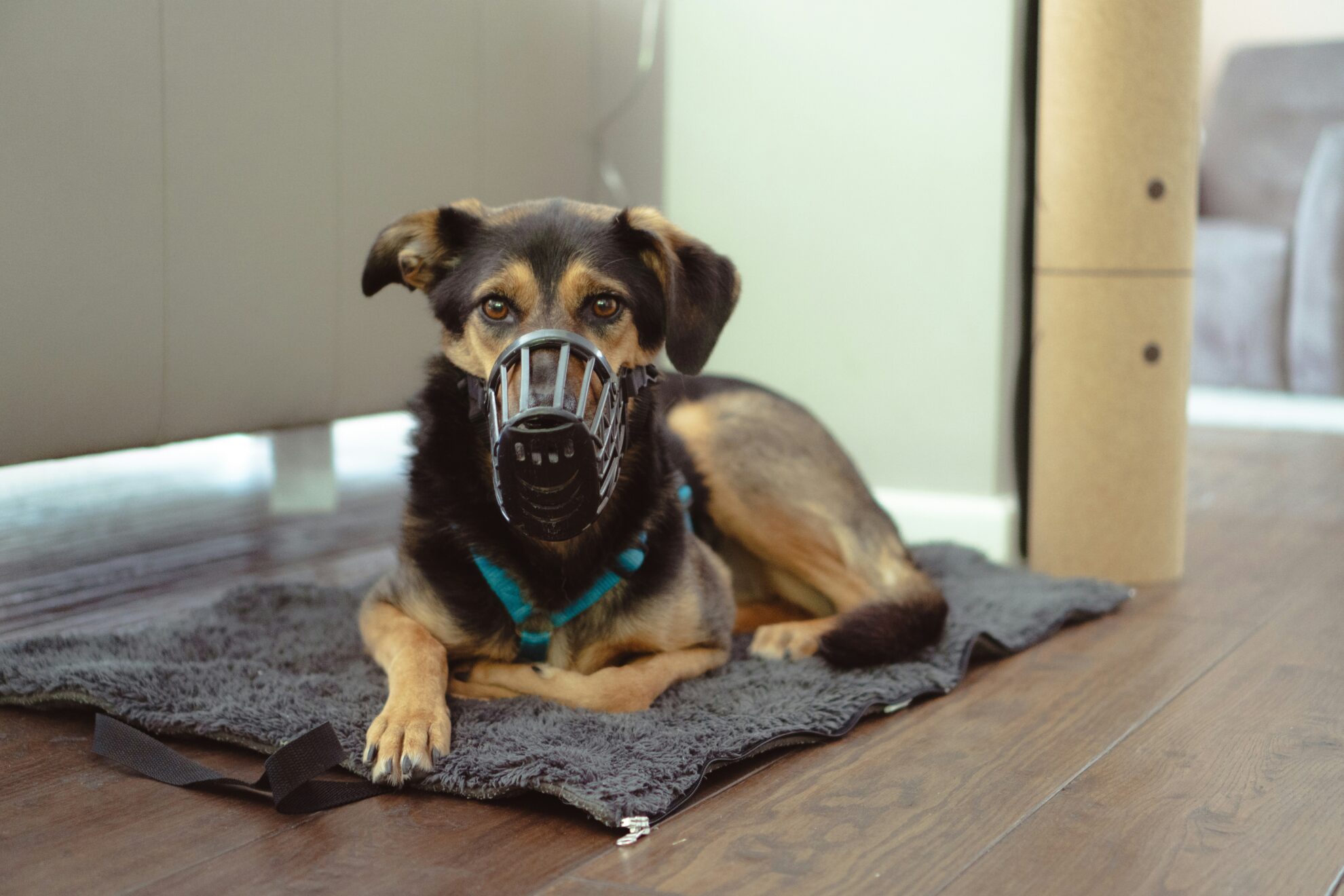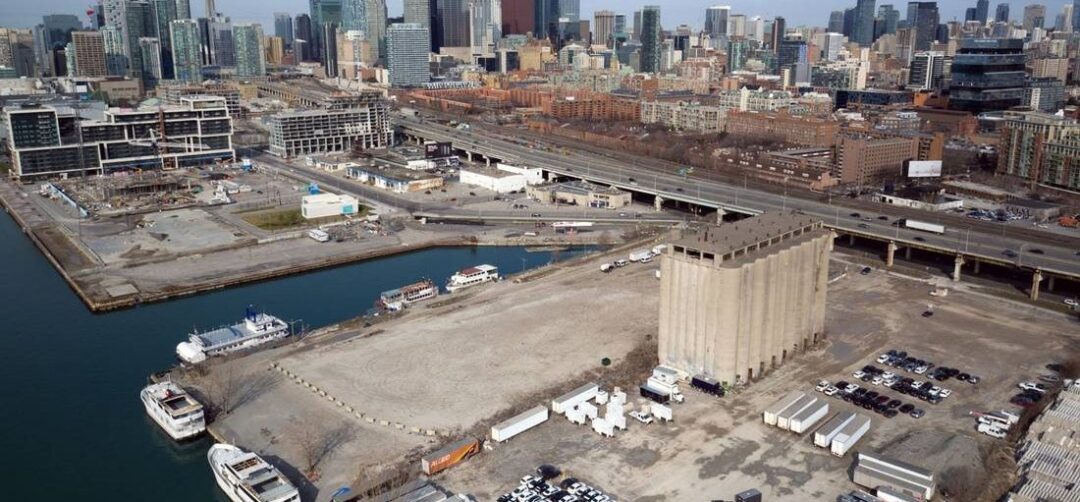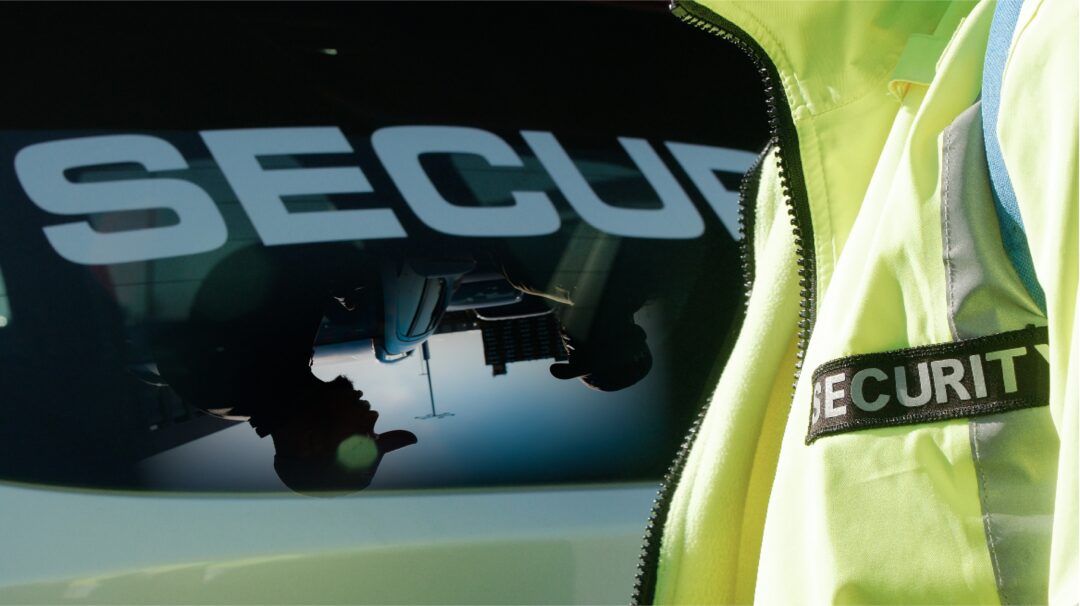Dennis Hanagan –
City Council wants the city’s Municipal and Licensing Standards (MLS) to keep a public record of dangerous dog owners.
The record will post the first three digits of each dog owner’s postal code, ward number, the dog’s name and possibly a photo, breed and colour and the date of the dangerous act “in an easily searchable format.” the bridge was unable to clarify by deadline what the searchable format would be.
Council’s decision came after Ward 14 (Toronto-Danforth) Councillor Paula Fletcher told the Economic and Community Development Committee last September about a dangerous incident in her ward.
“After a life-changing mauling of a resident in my ward by an off-leash dog that was under a Dangerous Dog order, I am requesting an immediate review of this incident,” Fletcher wrote to the committee. She also asked for a review of how dangerous dog orders are followed up because, she said, the dogs involved in the mauling had already been ruled dangerous.
Toronto police charged the owner with criminal negligence causing bodily harm, Fletcher said. However, she said she wasn’t aware whether the city had laid charges. In the end the owner had the dogs euthanized.
At City Council’s March meeting, Fletcher spoke of 3,000 dog bites in Toronto, though not specifying in which time period they occurred. She added that 540 were serious bites and 15 involved maulings. “It’s dog owners who don’t care or don’t know how to manage their dog … who need (a) public education campaign. But (we) also need a compliance campaign; we need the enforcement to be clear,” Fletcher said.
“These are life-altering issues. There aren’t that many bad dogs in the city, there are … irresponsible dog owners that have allowed their dogs to bite.”
Ward 13 (Toronto Centre) Councillor Chris Moise said the great majority of dogs in Toronto “are calm, kind and loving animals. There is a portion of them that is problematic.”
In his ward “we’ve had some terrible experiences,” he added, and MLS bylaw officers have been called many times. But there’s only so much they can do. “They seem to not have the tools and the resources that are needed to address these things in a way that is satisfactory.”
Council agreed to put $500,000 in the 2025 budget so MLS can start a public education campaign on how the city will deal with dangerous dogs and their owners. The funds will also be applied to enforcement.
Licensing and Standards has developed a sign to be posted on a dangerous dog owner’s residence. It shows the profile of a barking dog with the words “Warning, dangerous dog on premises”.
In October, MLS will report to the Economic and Community Development Committee about whether owners are complying with dangerous dog orders, and also whether fines should be increased for unlicensed dogs deemed dangerous.
Fletcher criticized a 2019 recommendation by the city’s ombudsman that she stated was meant to treat people fairly regarding dog orders. Instead, she said, it “set up a situation where it’s actually more dangerous” regarding aggressive dogs.
She wants MLS to review the ombudsman’s recommendation.
Council also wants the provincial government to amend the Dangerous Owners’ Liability Act so a municipality can recover costs when it locks up a dangerous dog.




